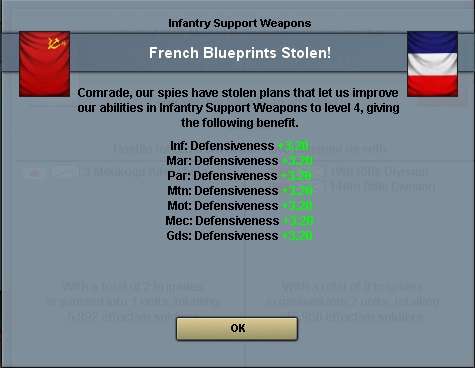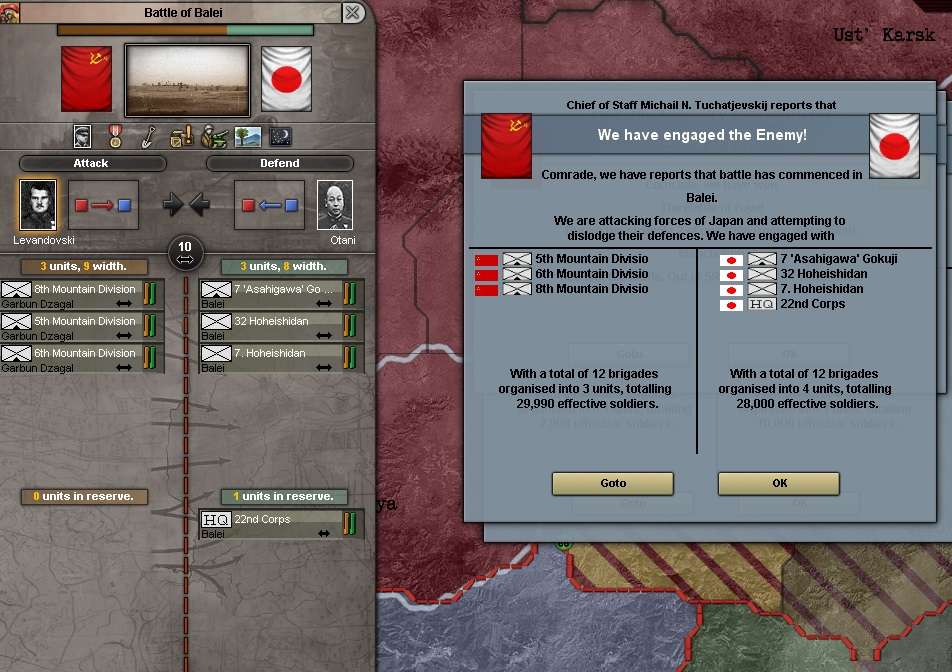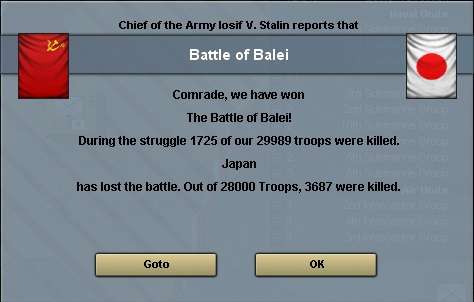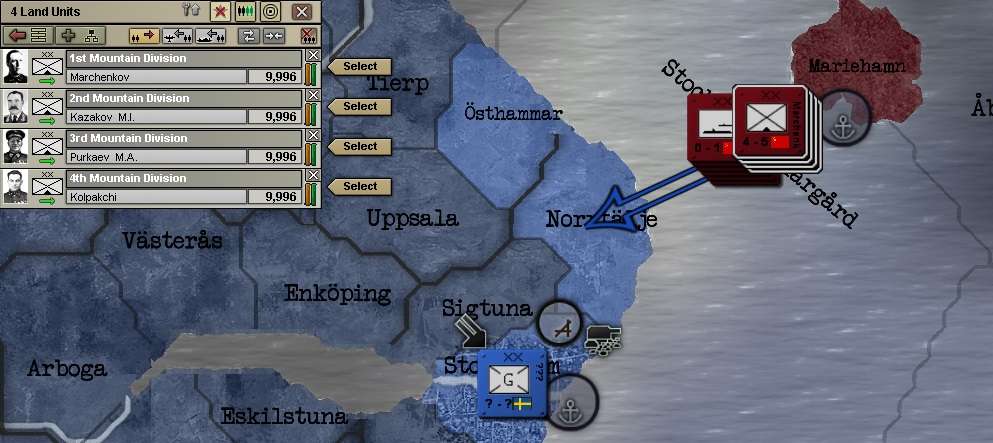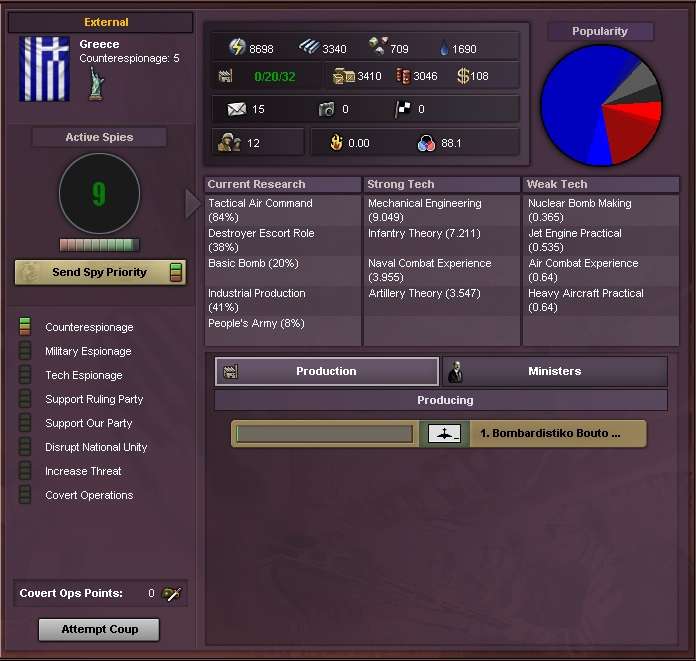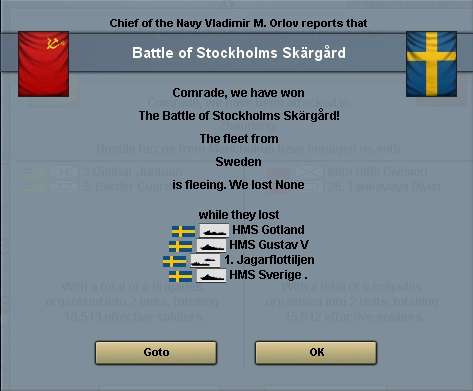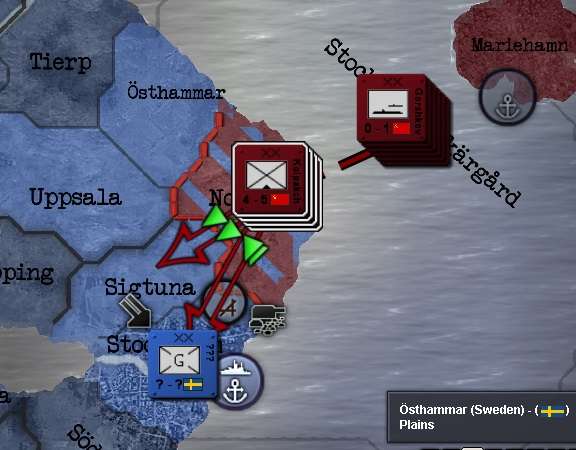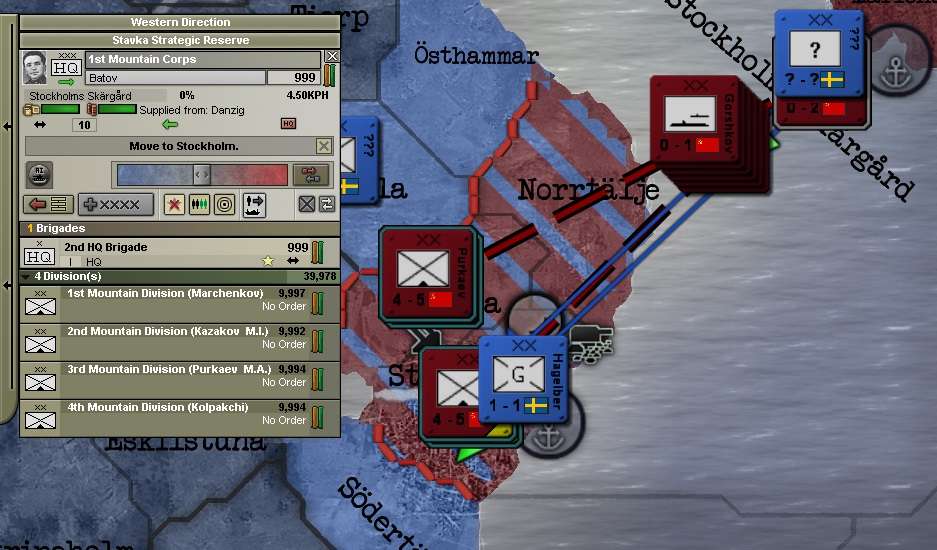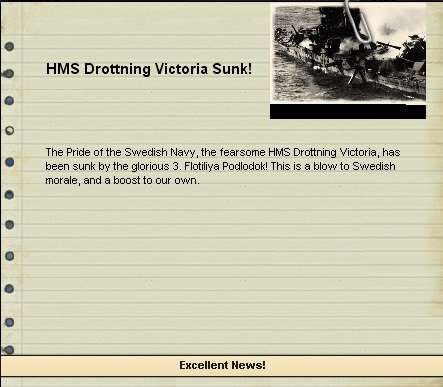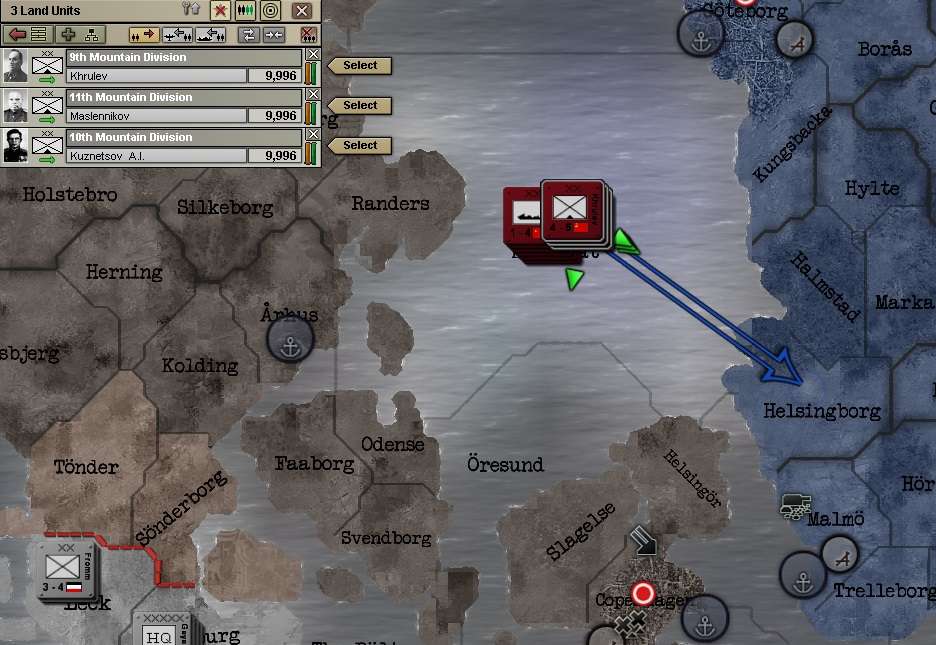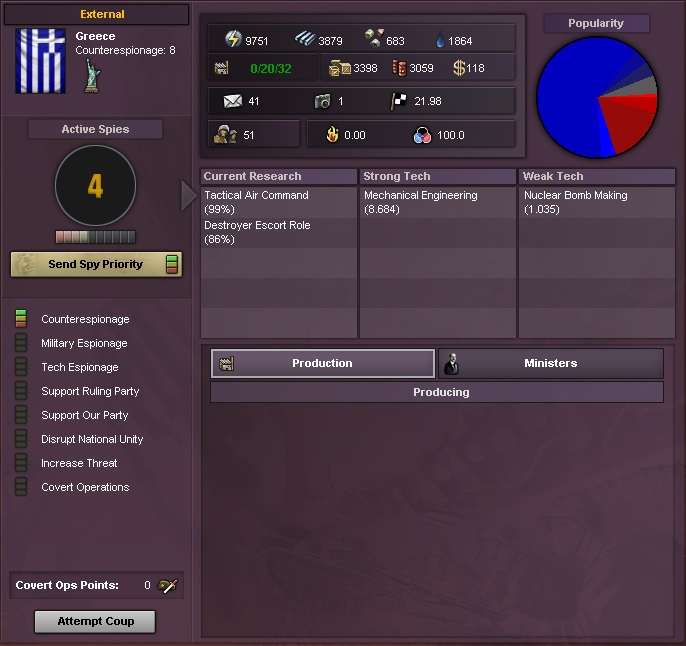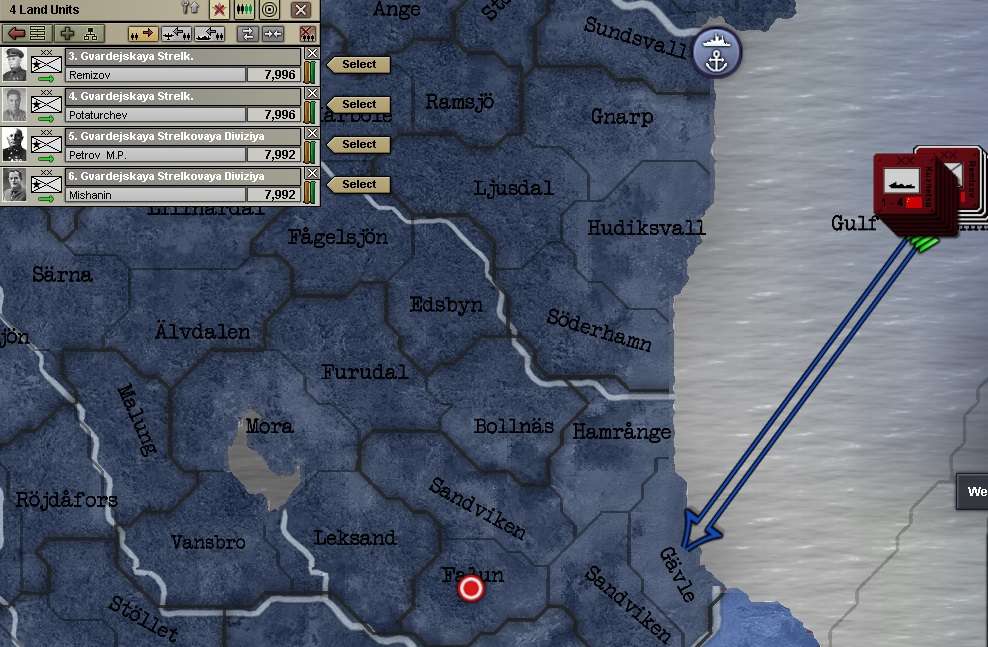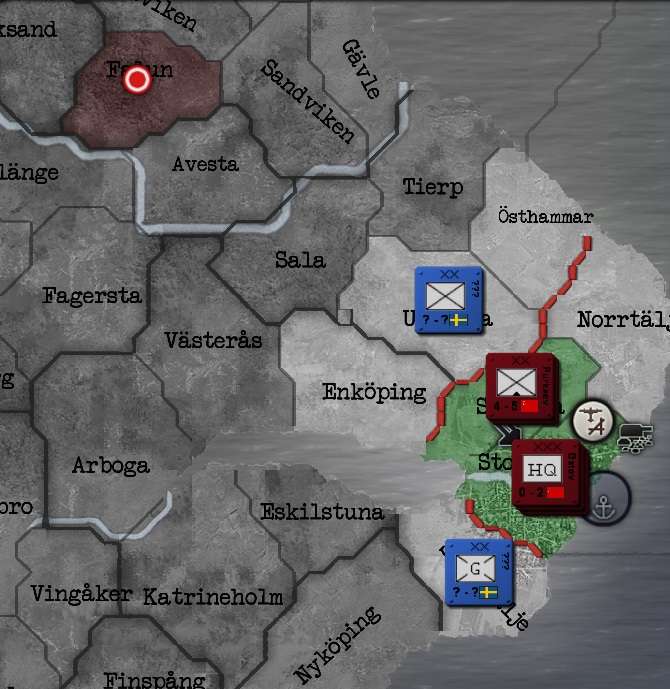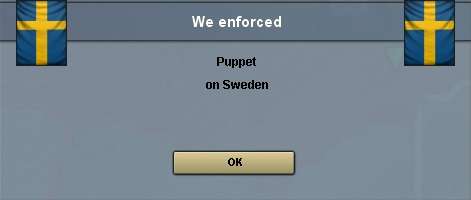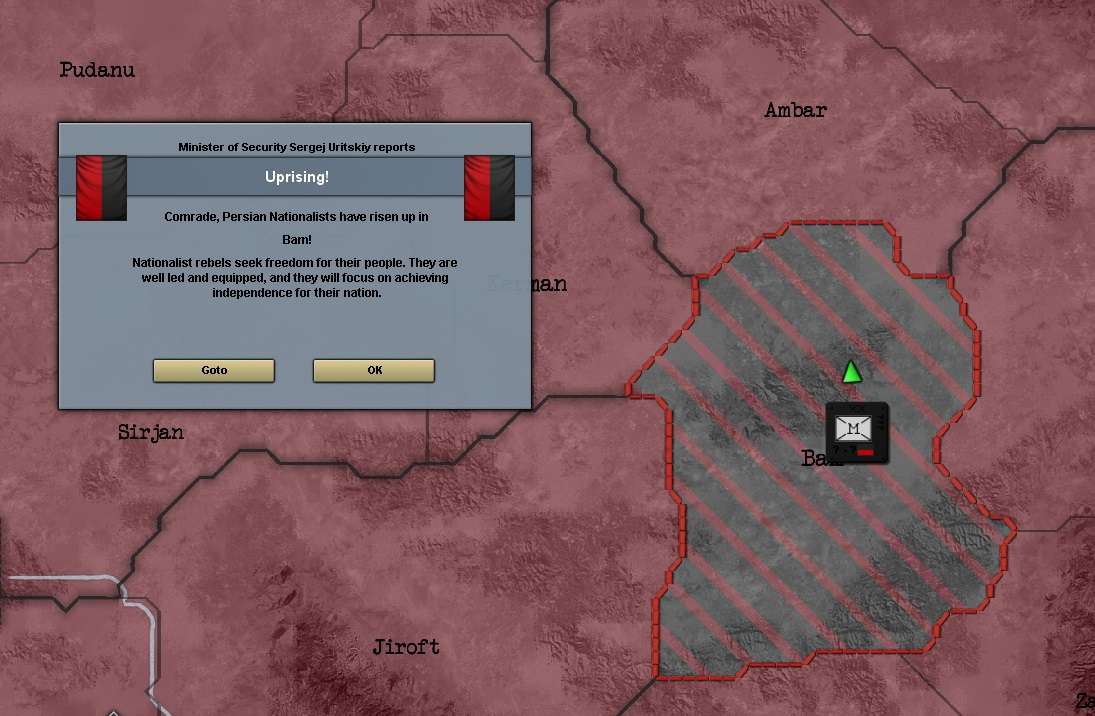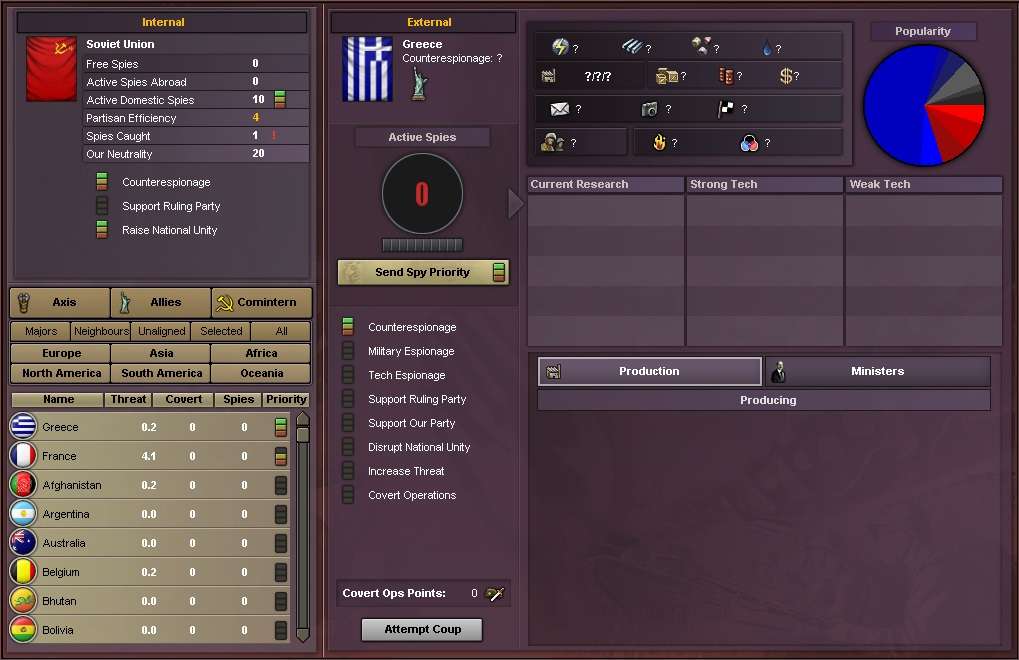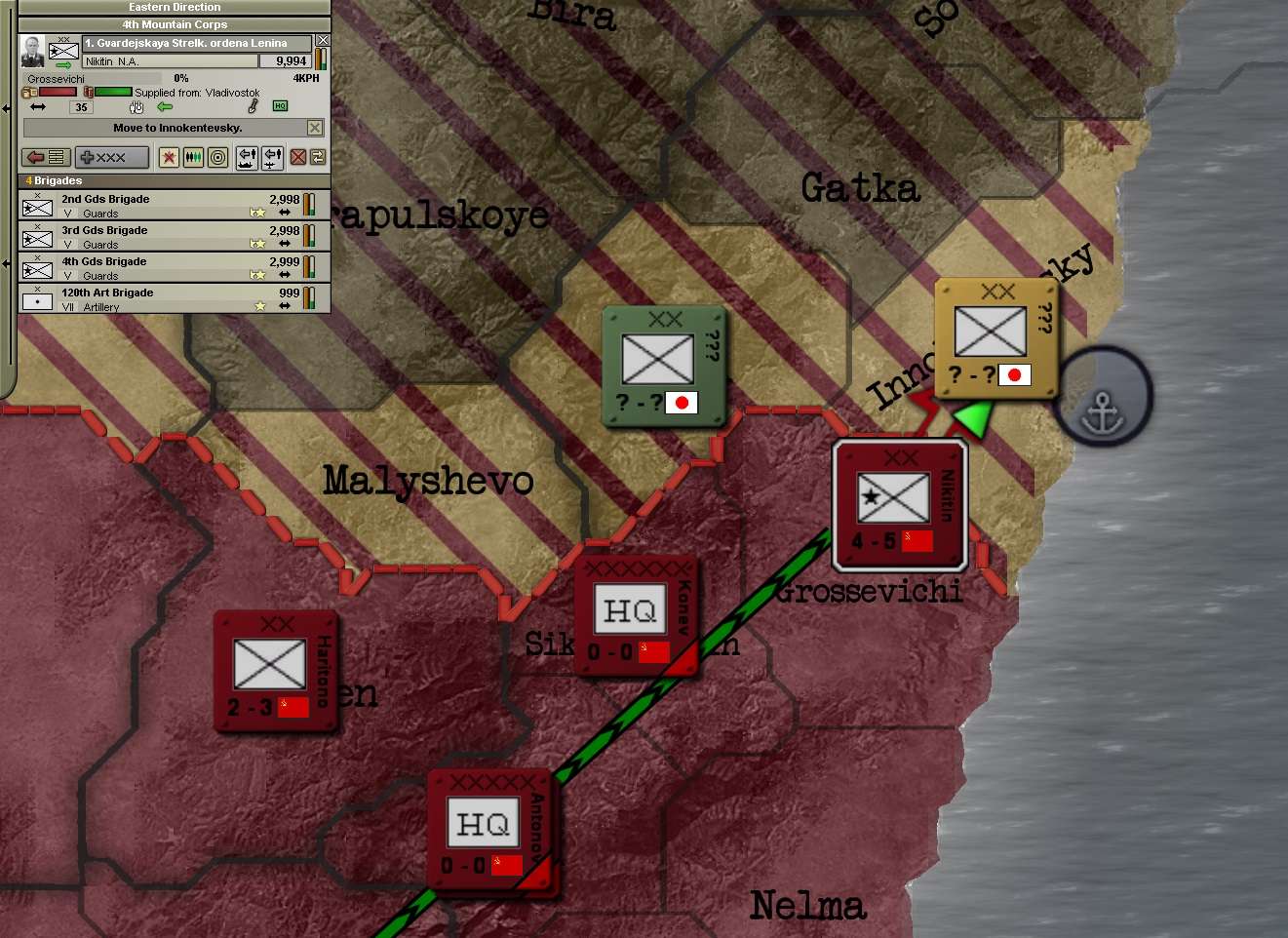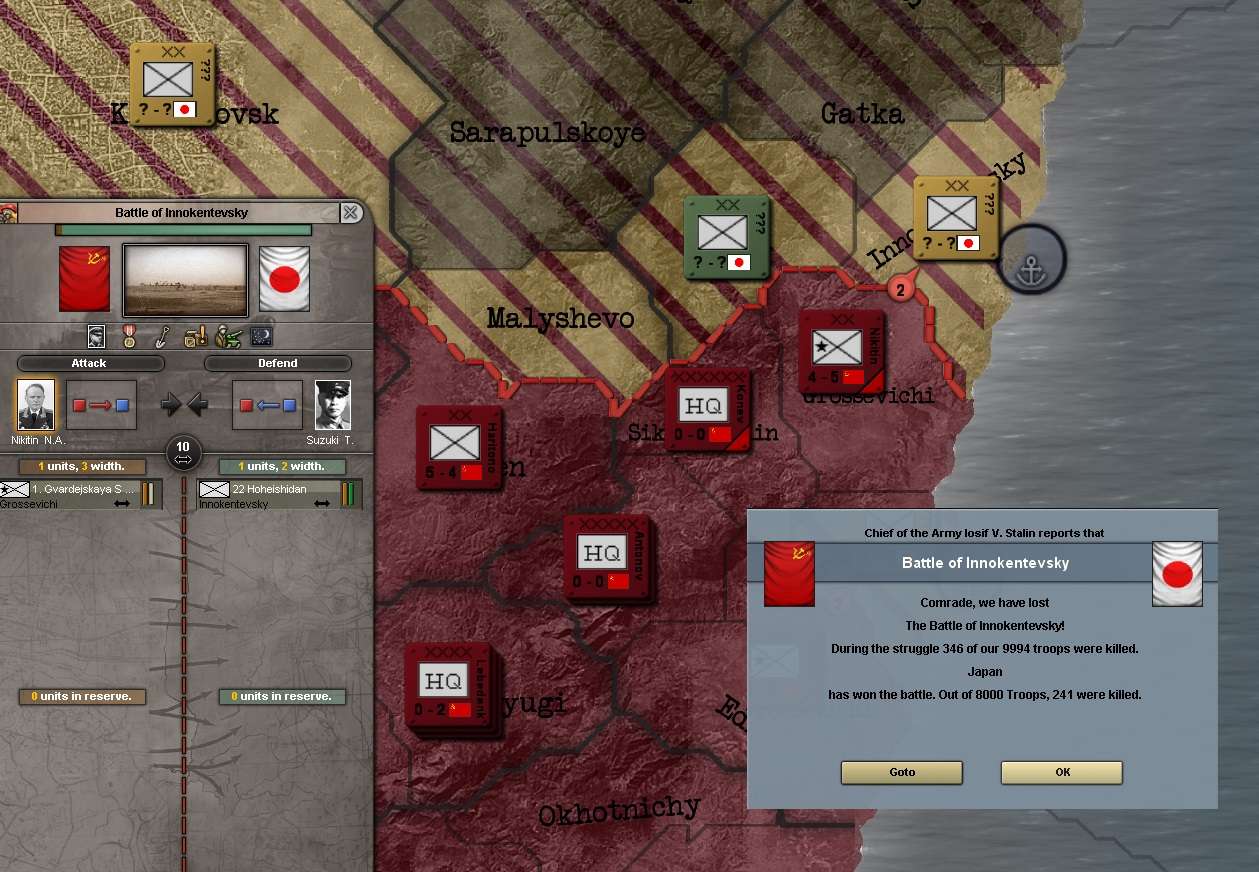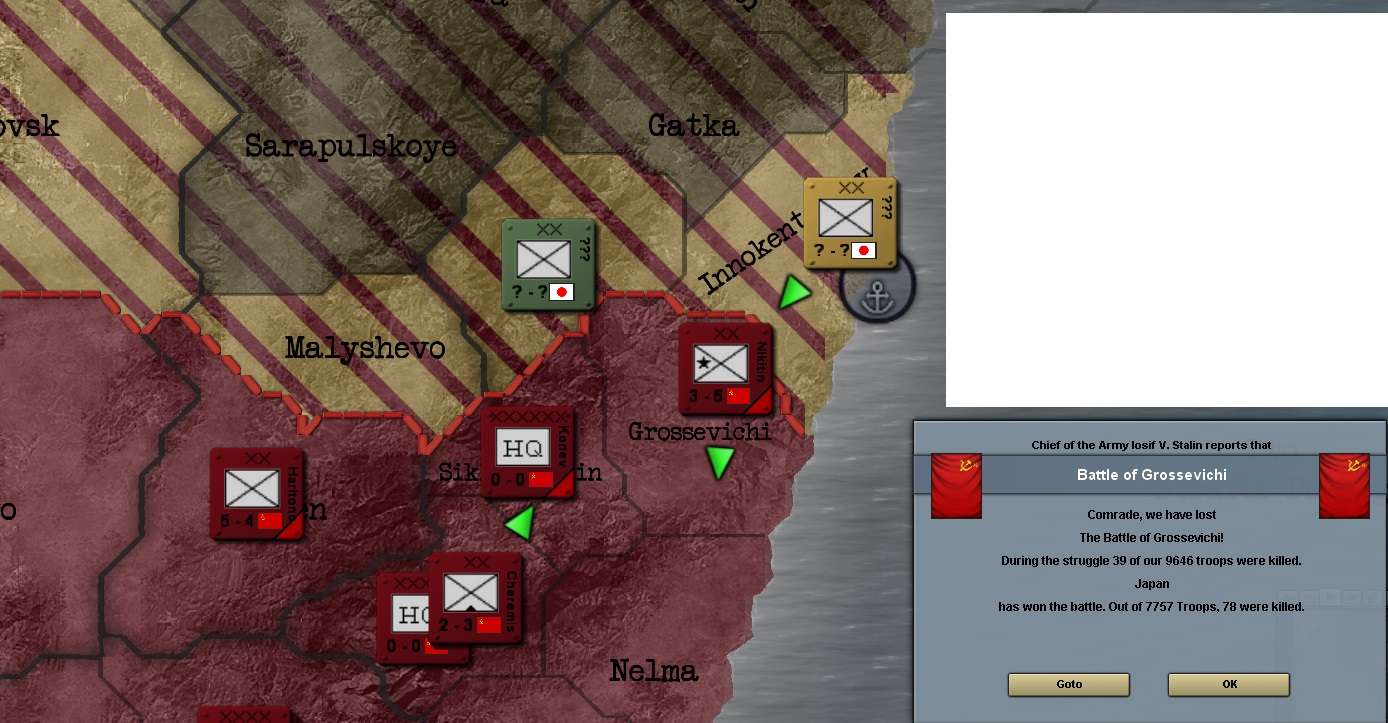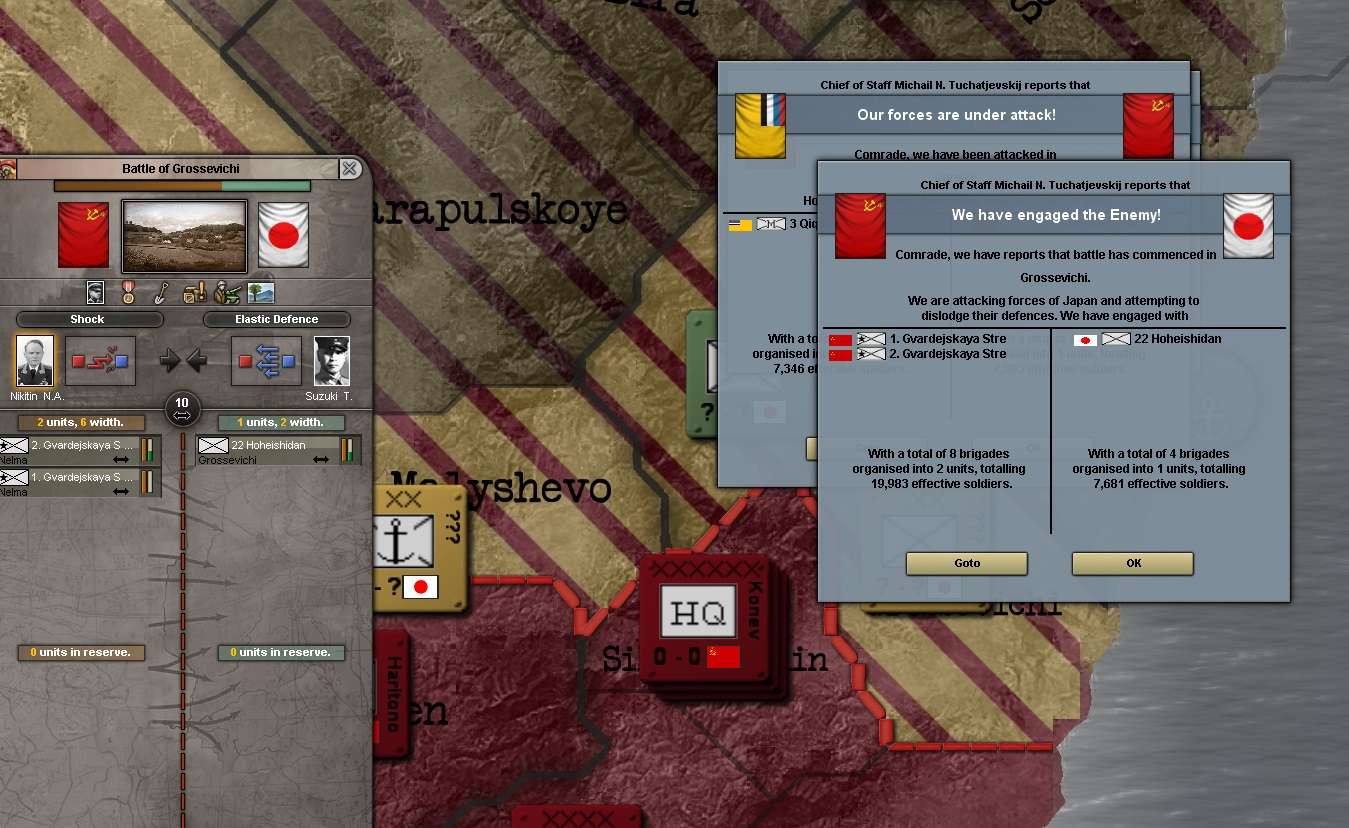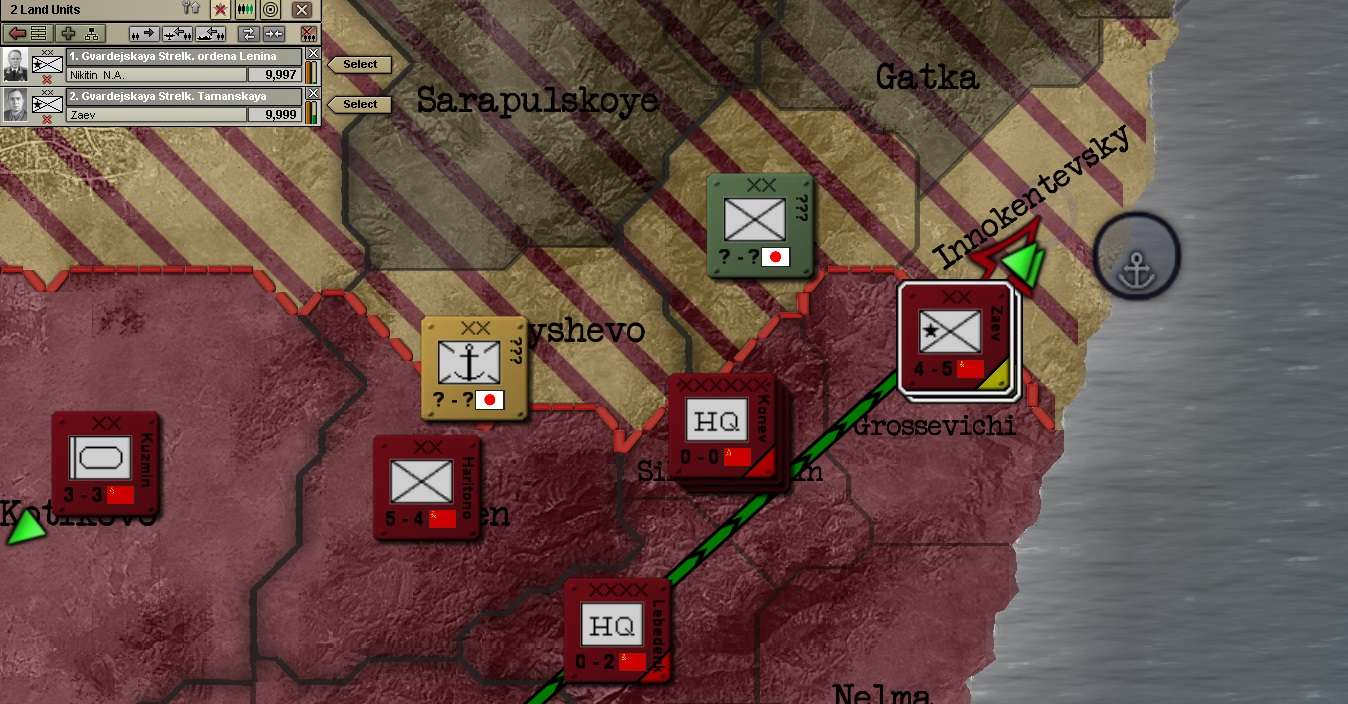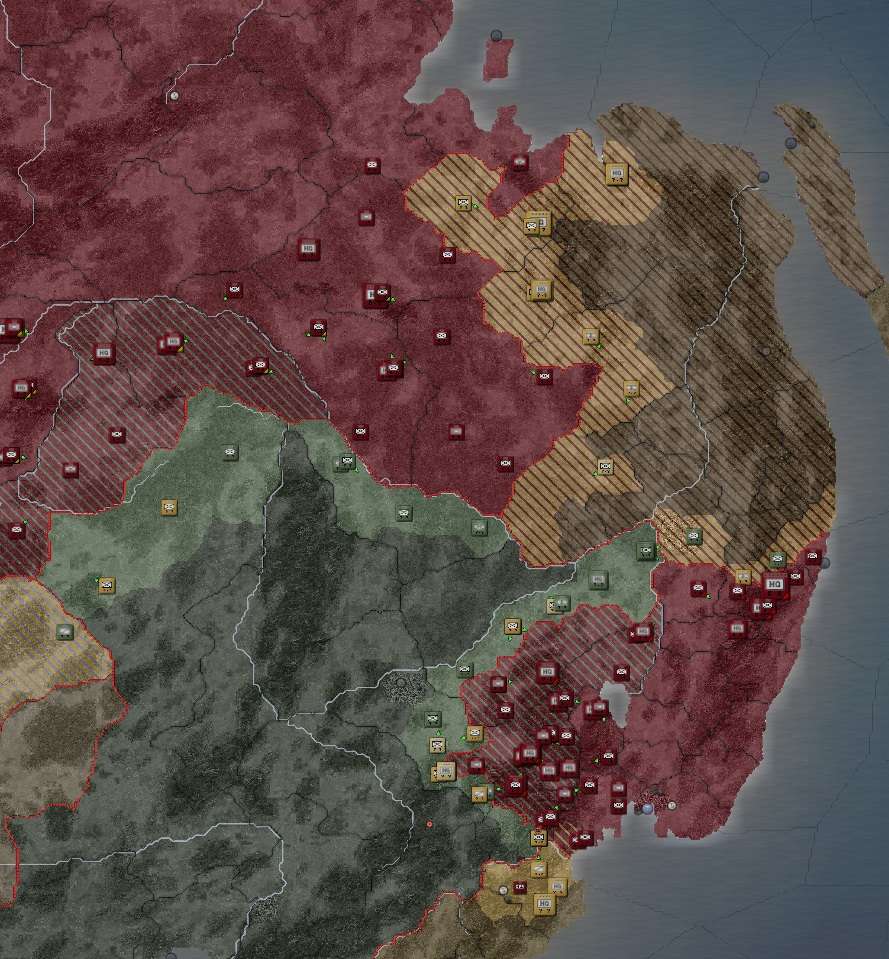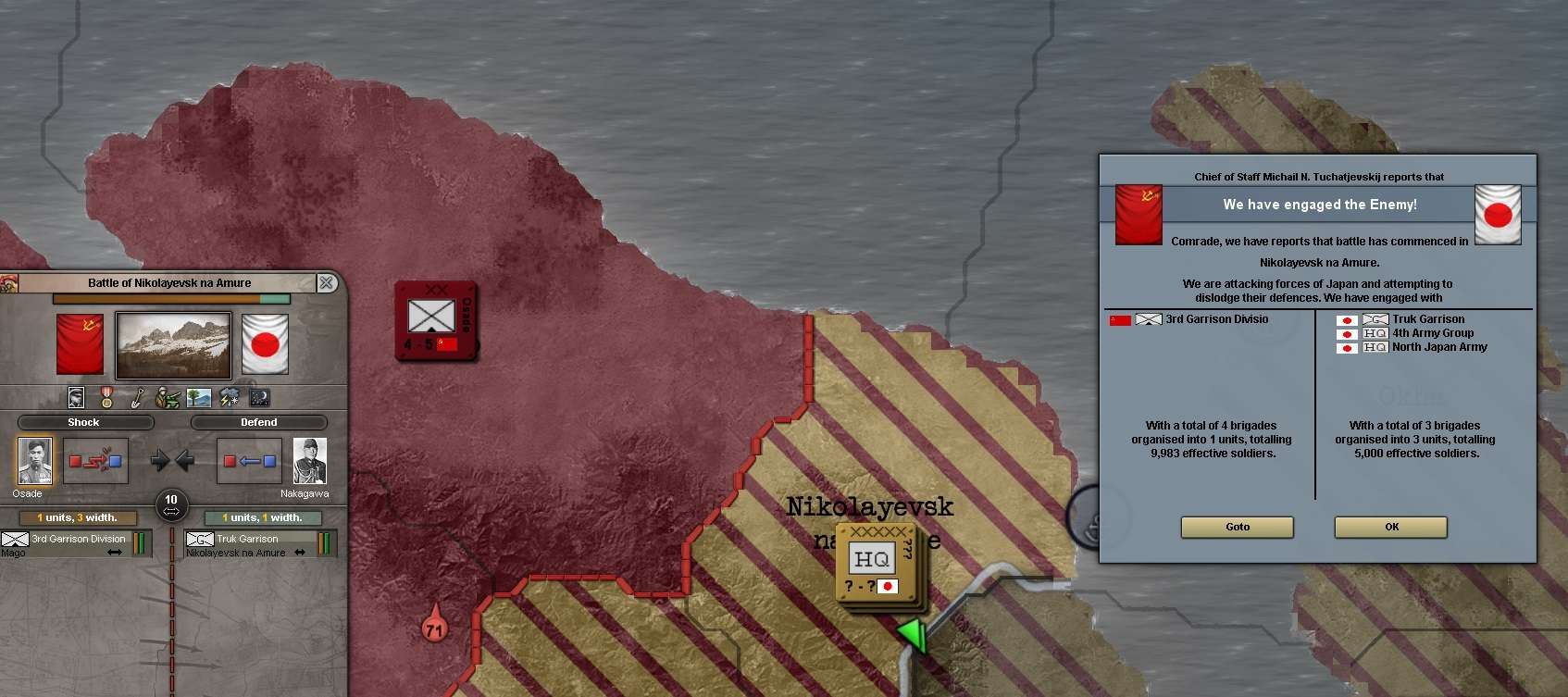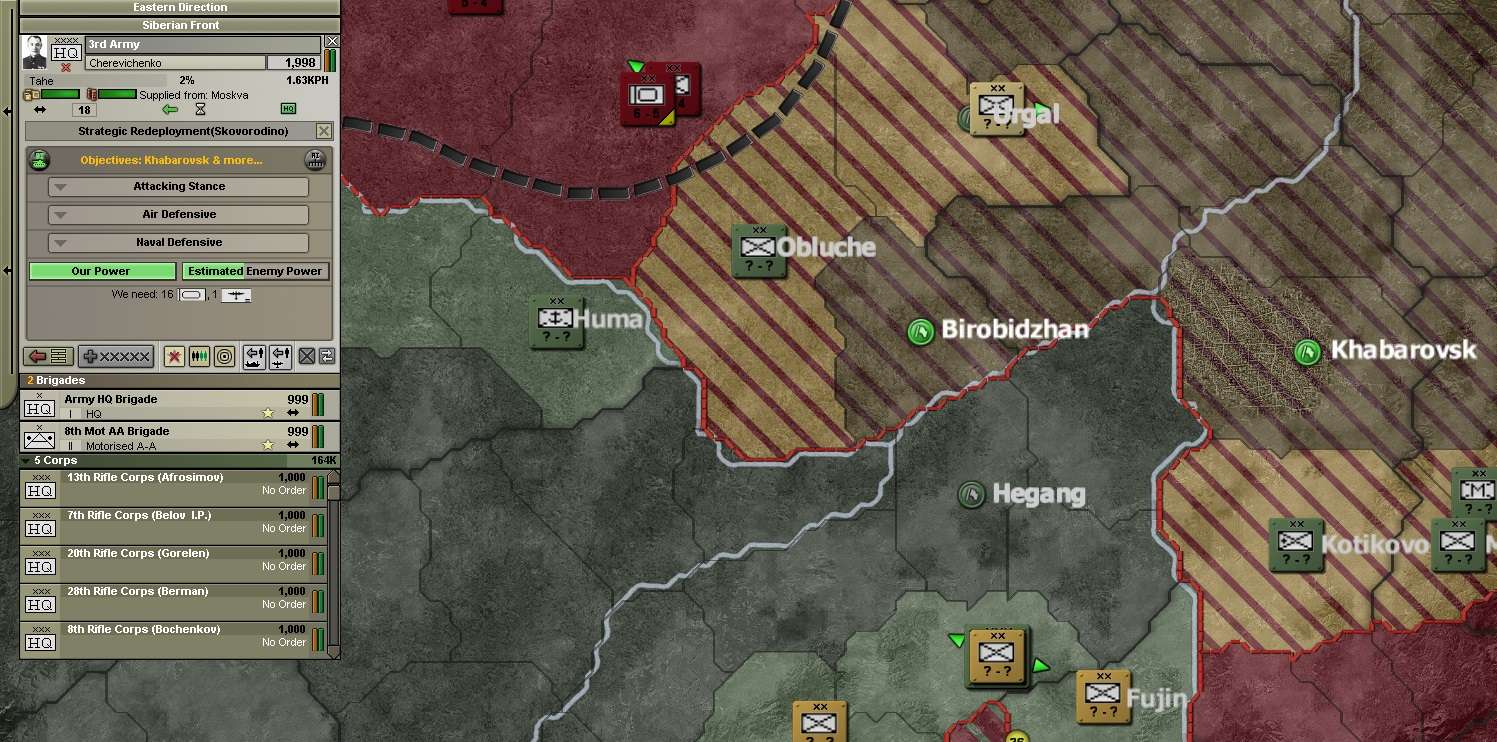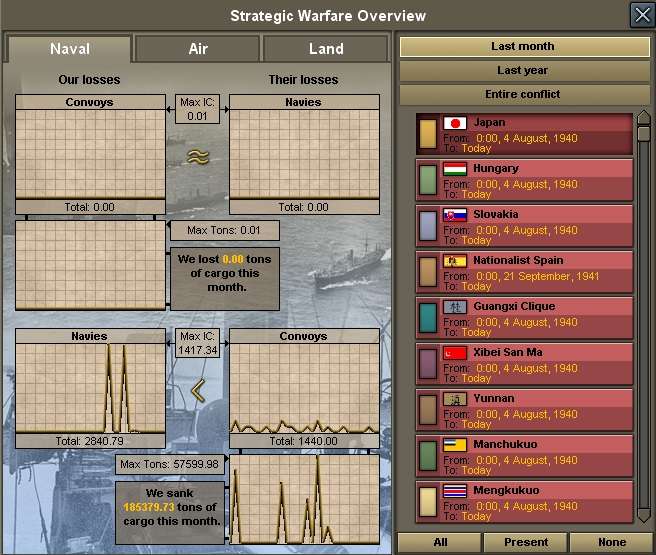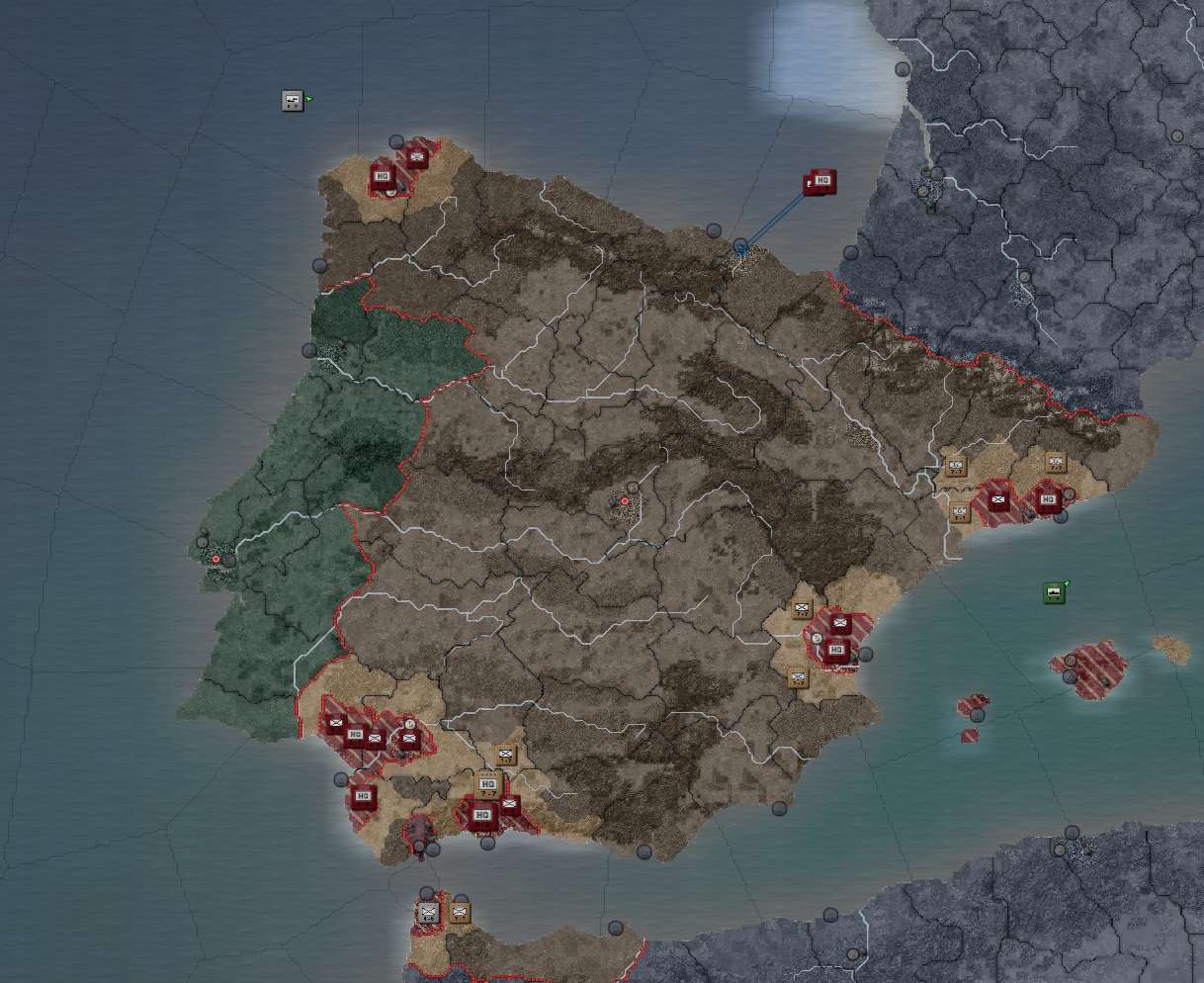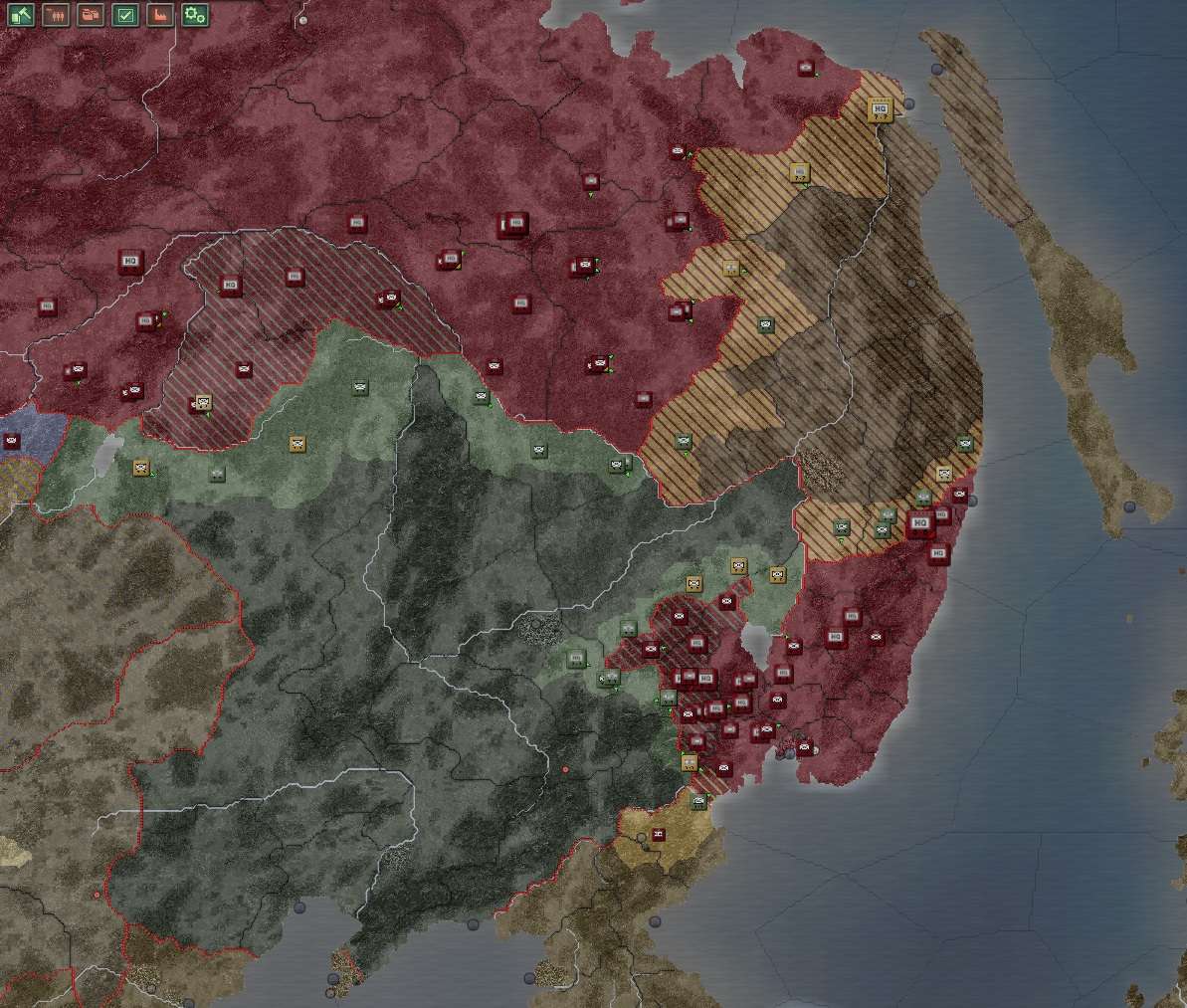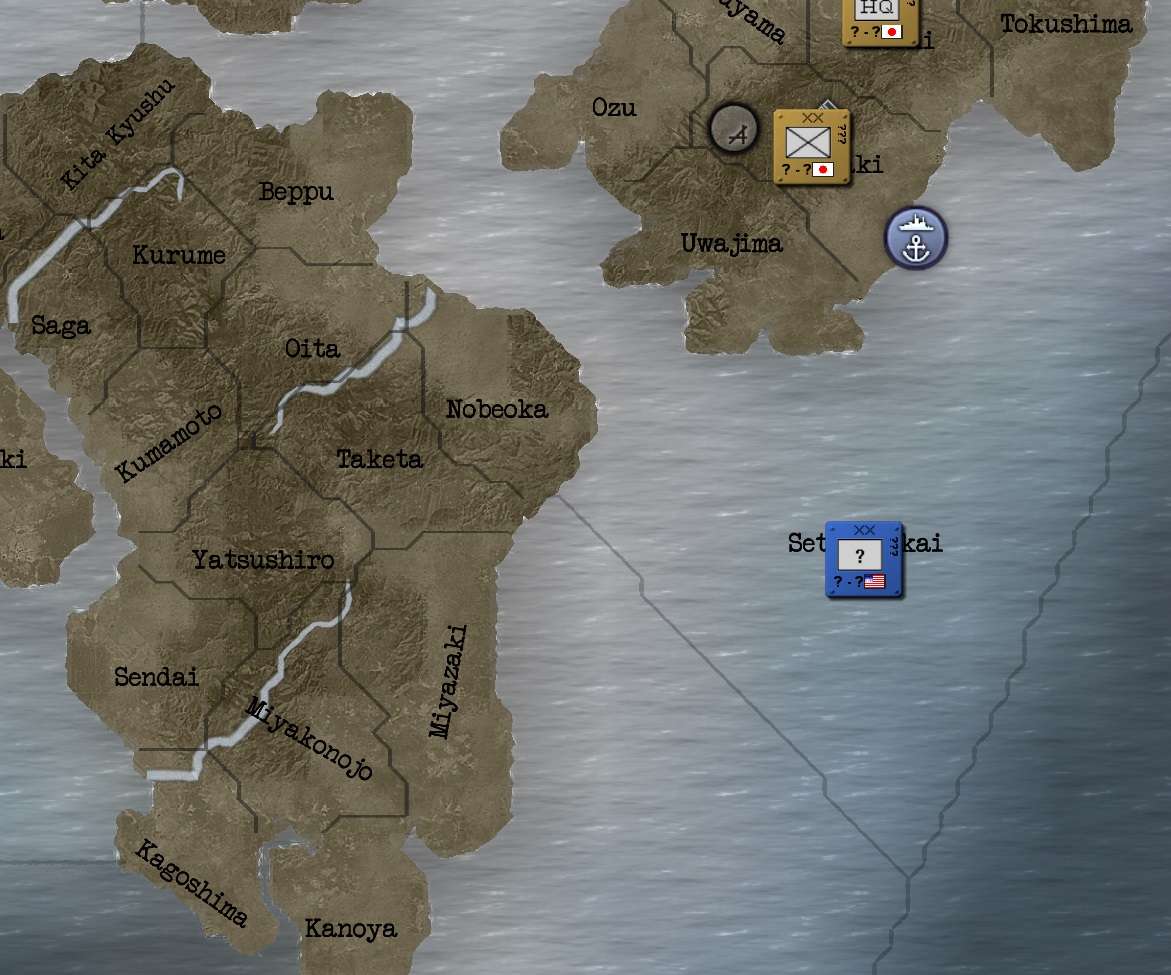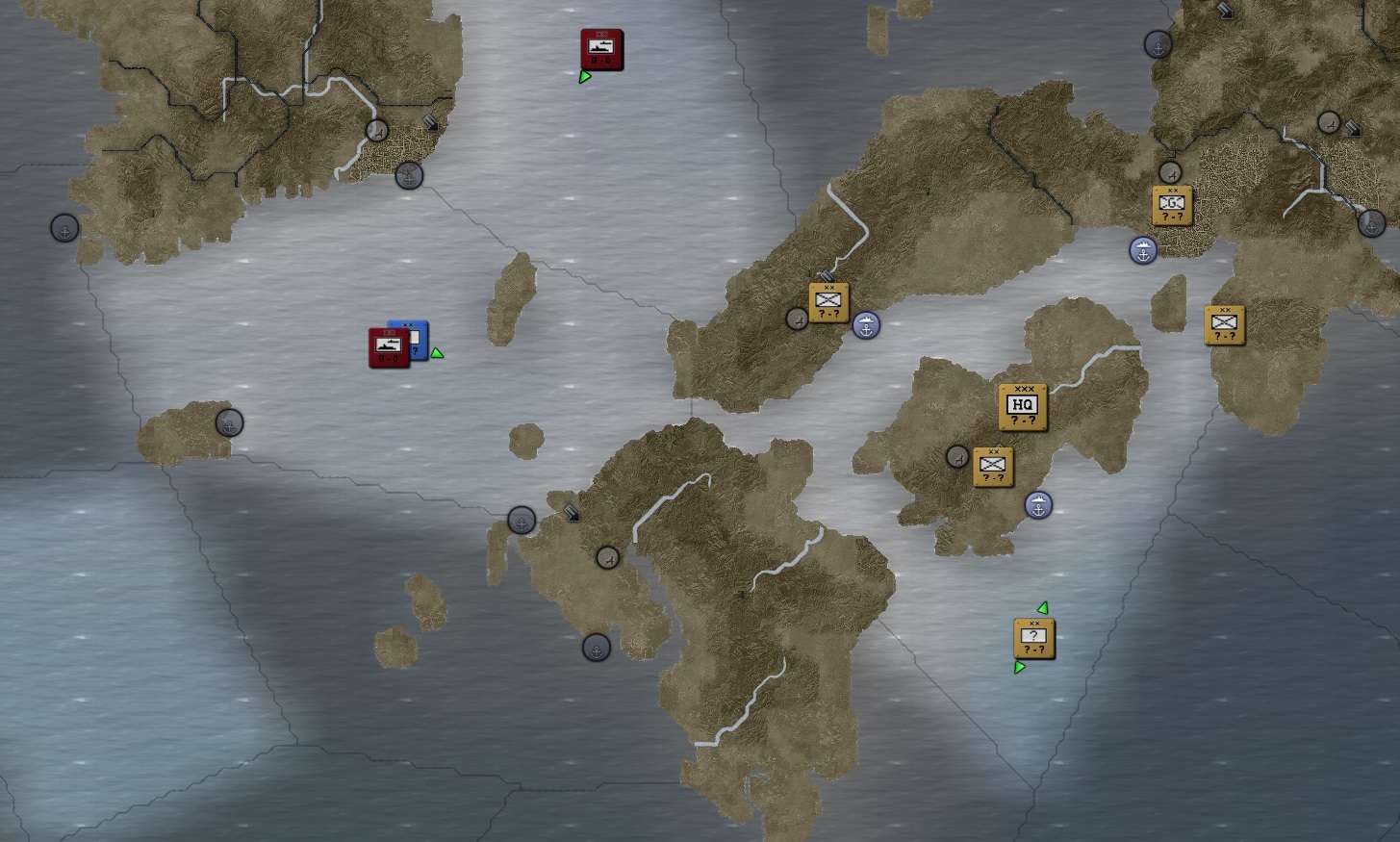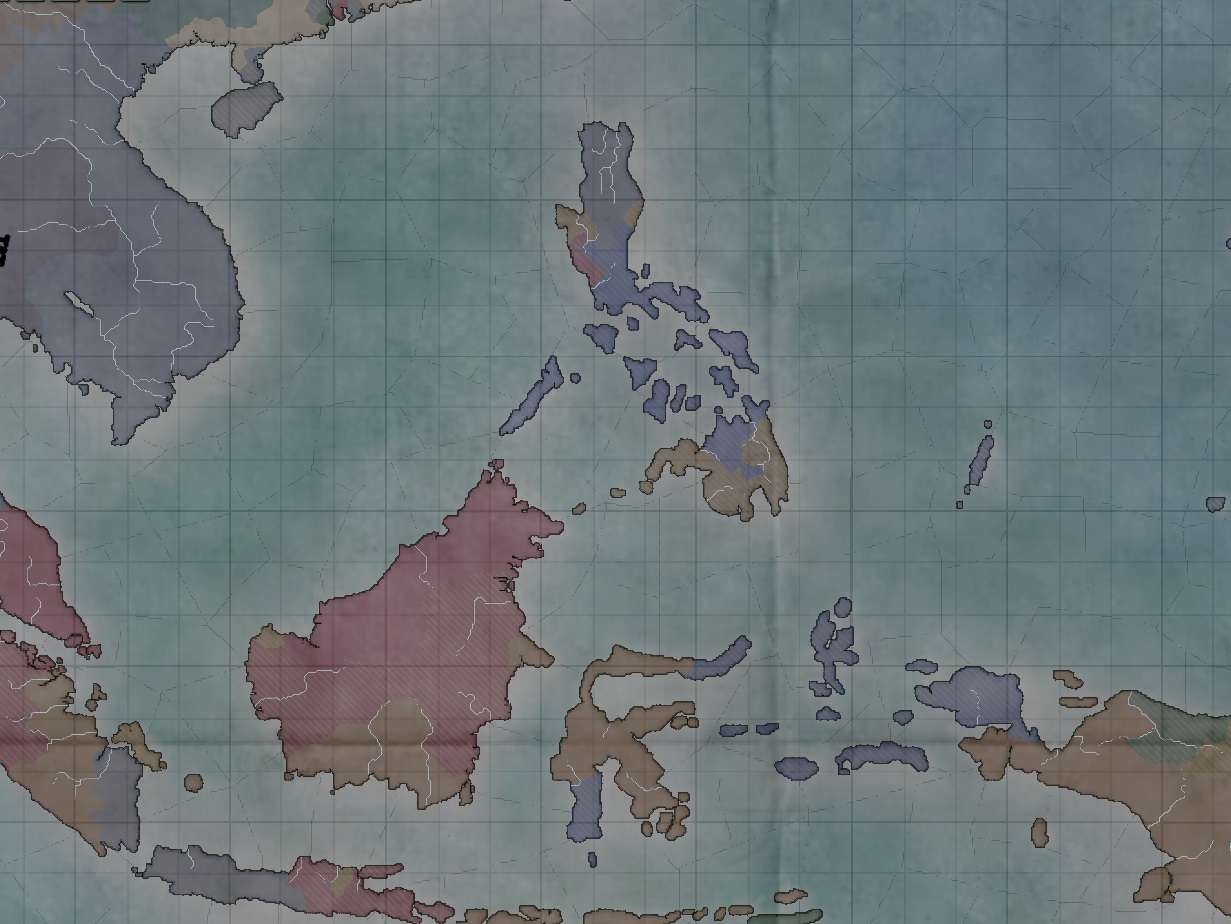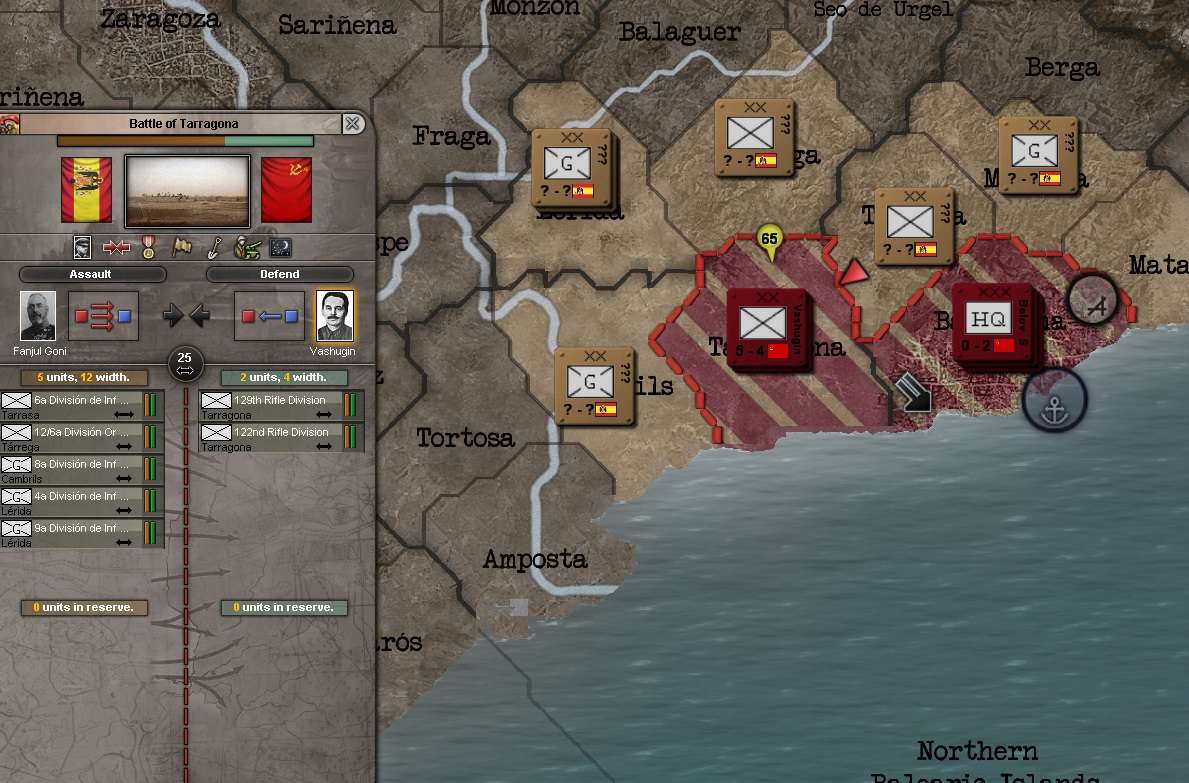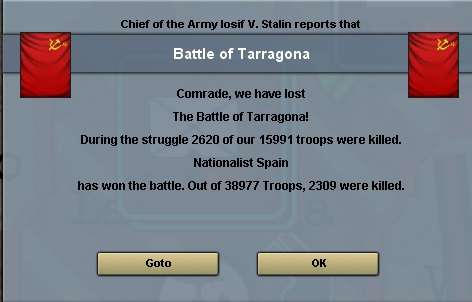Chapter 24: A storm begins to break in the East
1 January 1942, a bar not far from the American embassy, Moscow
The bartender beamed at his customers. It was New Years’ Day, and while some of his regulars were still passed out from the New Years’ Eve festivities, there were a few determined to be even drunker in 1942 than they had been in 1941. A worthwhile ambition that meant more money for the bar and, as a consequence, for the bartender. It also meant more work for the bartender’s other job: he was a Captain in the NKGB. He’d caught many a spy by simply listening attentively when other men shared their problems. In exchange for his vigilance, he was able to collect a sizeable portion of the bar’s profits and, in another year, would actually own the bar outright. The bar’s previous owner, sadly, had turned out to be a spy for the Japanese (as far as anybody knew).
The two most interesting customers today were a German and an American. The Germans, as fraternal socialist allies to the Soviet Union, got a discount on their drinks. The Americans, as filthy capitalists, got charged double. Such was life. The German was a regular, an army officer named Robbel or Rommel or something. The guy had, under Hitler, been relegated to command of a garrison division, and the new regime didn’t like him any better. Making him a military liaison to the Soviet Union was a convenient way to dispose of him without, well, disposing of him. The American was new. The uniform proclaimed him as a naval officer, but only an ensign. The bartender wondered to himself who the ensign could be, but quieted his internal questions as he approached the bar and ordered a vodka tonic.
“Long day, eh, Ivan?” The ensign’s Boston accent took a while for the bartender to understand. Then he smiled.
“It can be for some, my friend. Are you new to the embassy?”
“I am. My father’s with the American delegation, here to discuss some sort of treaty or something. Boring, if you ask me.”
The bartender winked slyly. “Do you need a woman, perhaps?”
The ensign laughed and slapped the bartender on the back. “You’re all right, Ivan!” He then stepped away to find a table. The German approached the bartender and ordered a beer.
“Why do you let him call you ‘Ivan’, Pasha?”
“He is an American, Erwin. They can call me whatever they like as long as they pay in dollars. What’s going on with the Americans? Why is this naval officer here?”
Erwin shrugged his shoulders. “I have no clue. I do know he’s no mere naval officer; his father is an extremely wealthy and well connected politician. Word is our ensign friend is soon to be promoted to lieutenant and serve as an assistant to your naval attache.”
The bartender – whose name wasn’t Pasha either – whistled appreciatively. “I would kill for your source of information, my friend. You know things nobody else does.”
Erwin smiled briefly. “They pay me to find things out, then to stay far, far away. I serve my Fatherland.”
“As do we all.”
“Speaking of your fatherland, what’s this I hear about progress in the Far East?”
The bartender looked furtively. “My second cousin is on Marshal Tukhachevsky’s staff. He tells me that a mountain division is quickly approaching the last Japanese port in the Soviet Union, Nikolayevsk on the Amur. If this division secures the port, we can finally drive those yellow dogs back into the sea.”
Erwin smiled more genuinely now. “That is very good. They need to be taught a lesson, I think, about European superiority.”
“I and my family have not forgotten the horrors of Tsushima and Mukden. My uncle was at Port Arthur when it fell. We never saw him again.”
“You have my sympathy, Pasha. What else do you know?”
“We are aggressively trying to break through to Vladivostok and reestablish the rail lines to the rest of the Soviet Union, I hear.”
The American naval officer returned to the bar to order another drink. He looked for a moment at Erwin, then turned to the bartender. “Another vodka tonic, please.”
“With pleasure.”
The naval officer struck up a conversation with the German. “How are you, Hans?”
Erwin winced. “My name is Erwin, my young friend. And you are?”
“Call me Jack. Jack –“
“I do not need to know your family name, Jack. This is a very informal bar.”
“Whatever you say, Ha—I mean, Erwin. You with the German Army?”
“I am. Officially, I’m an army observer here in Moscow.”
“I’m going to be the assistant to the naval attache in a few weeks, and they’ll post me to Leningrad. Ever been there?”
“I cannot say that I have. I hear it is beautiful, though, especially in the winter.”
“Better than fighting the Japanese, that’s for sure. I actually heard the Russkies got their asses handed to them a few weeks ago, around that city in the east with the ‘V’ in the name.”
“No, Jack. That is what we call a fighting retreat. They are to hold their ground until the relief forces break through.”
“If you say so. That army stuff sure is hard. I’m glad to hear the Russkie subs have been doing their part against the Japanese. It’ll make – uh, never mind.”
Jack blushed, turned around, and left to go back to his table. Pasha, polishing a glass, chuckled. “Are you sure you do not work for the
Abwehr, Erwin?”
“I do not, Pasha. That American is very foolish, however, if he is so transparently getting drunk with classified information.”
“He is rich and entitled, like all capitalist scum, Erwin. I will happily take his money.”
“And his secrets?”
Pasha coughed and turned to serve another patron. Erwin took a sip of his beer, and was soon engulfed in a bear hug.
“Erwin?! You are in Moscow?”
“Claus! I did not expect to see you here!”
“Yes, well, I’m here to coordinate with Vatutin for the next stages of our drive on Spain.”
“There’s coordination? With Russians?”
Both had a hearty chuckle. “It is difficult to believe, but yes. We are making substantial progress in taking ports in North Africa and northern Spain. Would you believe the Soviets were surprised to see us? It is as if they didn’t know we were coming!”
“Given their high command, it is entirely possible, Claus. Did they retake Malaga-Velez?”
“They did. After the Spanish drove them out, they sent an entire corps of Mountain troops to retake it. The poor Spaniards didn’t know what hit them.”
“It is a wonder their Maslennikov was so effective against such odds; I am sure he was pleased to be relieved by the Mountain Corps.”
“He was. I’ve met him a couple of times at embassy receptions; very pleasant chap.”
Pasha returned from serving other patrons and grinned at Claus. “Ah, Graf Claus, a pleasure to see you.”
Claus laughed. “Pasha, I wish you wouldn’t use that title.”
“But you are a member of the oppressive ruling class! You like your titles!”
All three laughed at that point. Erwin ordered another beer and one for Claus as well. “We were talking about Spain.”
“A lovely country, I am sure. Sadly, I have seen so little of the world outside this bar.”
“Your countrymen are doing very well, Pasha. Have heart.”
“Many of the most important Spanish ports are under our control, I know. I will be pleased when Madrid falls and this war can end.”
Claus and Erwin both nodded solemnly at that statement. Claus asked, “Have you fought, Pasha?”
“Oh, yes. I was a poor common proletarian soldier in an infantry regiment in 1914. I survived for three years, which is more than most of my friends could say. When the Bolsheviks came in 1917, I joined them wholeheartedly. My brother, you see, had been killed by the Tsarist oppressors in January of 1917 for smuggling illegal literature. What they did not know was where he had sent all of it.”
“You appear to be in excellent shape for your service, Pasha.”
“Thank you, Graf Claus. I was fortunate not to be wounded.”
Jack returned to the bar, now visibly intoxicated. “Hey, Ivan, another round for me and my friends!” The people at Jack’s table waved.
“You have had much to drink, my American friend.”
“And I’m just getting started, Ivan!”
Pasha simply shrugged. “As you wish, Jack. If you can pay, I can serve.”
“Great! Say, do you guys know much about Japan?”
Claus rose his hand. “A distant relative lived in Tokyo for a while.”
“That’s swell. We need people who know Tokyo.”
Erwin coughed again. “Jack, what are you trying to say?”
“Nothing, Hans. I didn’t say anything. How’s that ‘V’ city doing, Ivan?”
“Very well, thank you, Jack. I think soon we will break through the Japanese lines and feed the soldiers who fight so gamely to protect our interests.”
“Great! I gotta run. Thanks for keeping so many of the Japanese occupied!”
Just then, a phone rang. Pasha went to answer it.
“Comrade Captain. What news?”
Pasha smiled, motioned over another bartender, and went into the office. “The Germans insist that they told Stavka about Spain.”
“The Germans say many things, Comrade. Any Americans or British in the bar?”
“One American.”
“Has he said anything about Japan?”
“He has, Comrade Colonel.”
“I am not surprised. NKVR has reported ship sightings off the coast of Japan.”
“Is that good news or bad, Comrade Colonel?”
“Comrade Captain, I do not know. I do not know if anybody knows. But I suspect if we are to receive our due, we should strike as quickly as possible.”


p), but we are much closer to the end of the game than the beginning.
